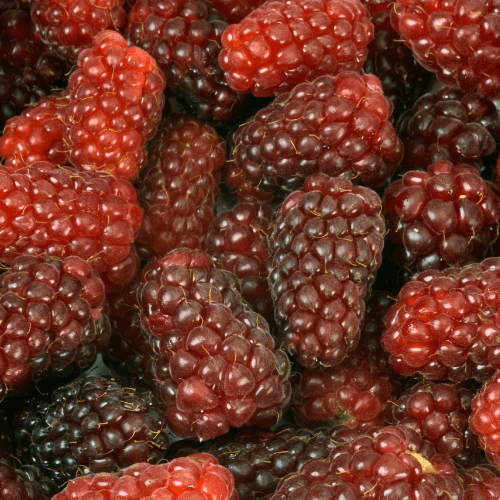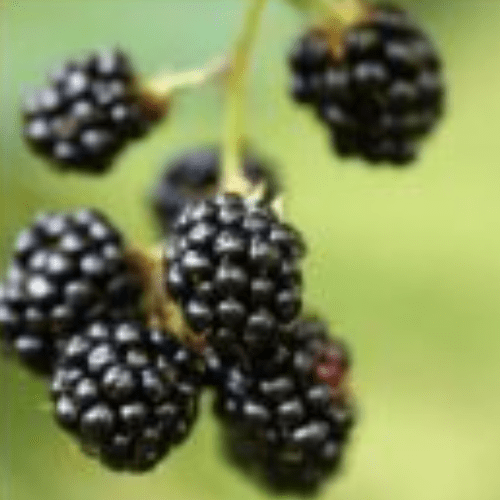Position
These peppers require full sunlight, at least 6- 8 hours or more of direct sunlight daily to encourage healthy growth and high heat levels in the peppers.
While Trinidad Scorpion Red peppers tolerate some humidity, they grow best in moderate humidity levels. Excessive humidity can increase the risk of fungal diseases, so ensure good air circulation around the plants.
These plants can grow tall (up to 1-1.5m), so they need adequate space for airflow and growth.
Soil
Before planting Trinidad Scorpion, enrich the soil with compost or well-rotted manure to improve fertility. For exceptional growth, add half a bag of our Volcanic Rock Dust (R25 per bag) and a bag of Superfrass (R20 per bag) into your soil before planting.
The soil must drain well to prevent root rot.
Watering
Water the plants regularly to keep the soil evenly moist, but avoid over-watering as this can lead to root rot. Water at the base of the plant to keep the foliage dry and reduce the risk of fungal diseases.
Mulch
Use from 2 to 5 centimetres of pine bark mulch to protect the roots from UV damage and drying out. It retains moisture and maintains an optimal pH. Do not let the mulch touch the plant stem, as it may cause infection or rot.
Re-apply every 3-4 months.
Pruning
Pruning is not absolutely necessary, but it can help improve airflow and prevent overcrowding. Remove any dead or damaged leaves and cut back any leggy growth. Some gardeners also pinch off the first flowers to encourage stronger plants.
Fertilising
Use a balanced fertiliser (such as 10-10-10) during planting and again every 4-6 weeks throughout the growing season to encourage healthy growth. Once the plants start producing fruit, switch to a fertilizer with more phosphorus and potassium to boost fruit production.
Too much nitrogen can lead to excessive foliage growth with little fruit production.
Apply 1 teaspoon every 4-5 months of our slow-release all-plant fertiliser. The roots will absorb what they need.
Pests & Diseases
Trinidad Scorpion Red peppers are susceptible to fungal diseases like powdery mildew and blight. To prevent these, avoid overhead watering and ensure proper air circulation around the plants.
Treat promptly or preferably use preventative measures by spraying with agricultural Neem Oil or Effective Microorganisms (EM Control)
Harvesting
Trinidad Scorpion are ready to harvest when they turn from green to vibrant red.
Use scissors or garden shears to cut the peppers off the plant, leaving a small stem attached.






